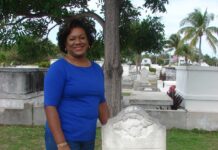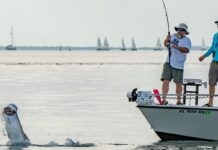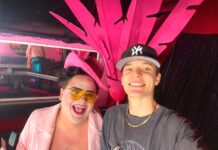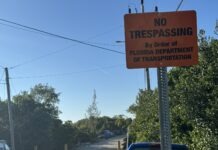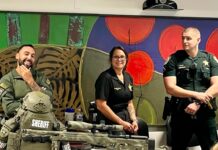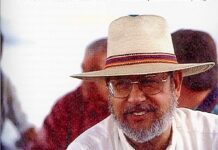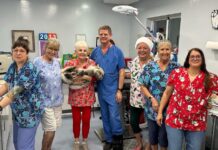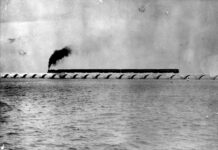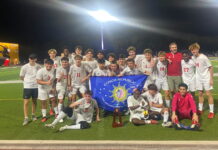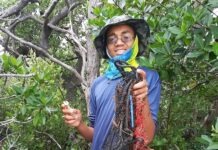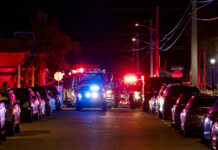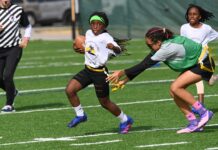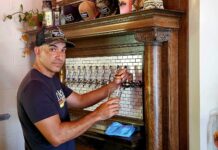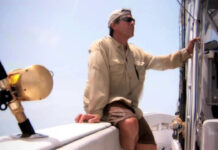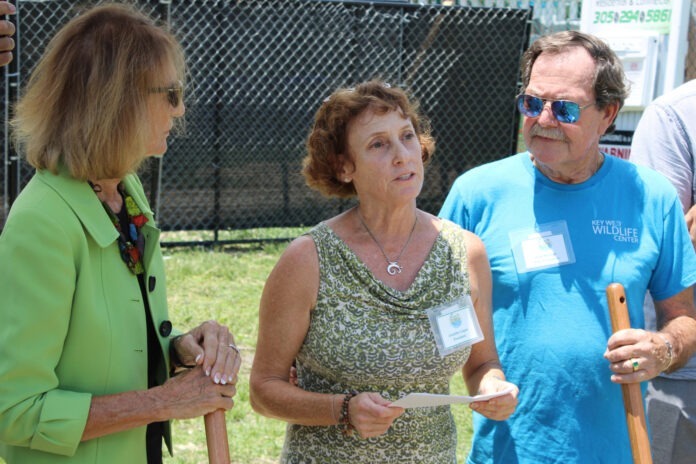
On June 4, Key West Wildlife Center (KWWC) staff, board members, local dignitaries and donors broke ground on the center’s long-awaited new wildlife rescue and rehabilitation clinic building. The elevated, hurricane-hardened modular structure will replace the center’s old and badly decaying building, situated within the 7-acre Indigenous Park at the end of White Street near Higgs Beach.
For more than 25 years the KWWC has provided 24-hour emergency rescue services for wildlife in Key West and the Lower Keys.
Many Key West residents, at some point, have come upon an injured bird, one that can’t fly away. One that lets people get uncommonly close. One with a bum wing, or leg. Or one that’s too exhausted to move. We typically watch the bird for a bit, practically willing it to take flight and assuage our concerns. Perhaps we walk away for a few moments and then go back to check on it. When it’s still there upon our return, we pull out our phone and call for backup — from the KWWC, a nonprofit wildlife rescue organization that rehabilitates birds to release them back into their natural surroundings — while making us feel good about ourselves for making a call to help a creature in need.
A human always answers the phone at KWWC — 24/7. They’ll listen with a practiced ear to our decidedly non-expert descriptions of the bird and its plight and then take action to help, prepared to dispatch a rescue team at a moment’s notice to help pelicans, pigeons, egrets, herons, roosters, hawks, mockingbirds, you name it.
Its present clinic building, which serves as the hub and ICU for wildlife care, is an early-version manufactured unit, which according to board president Jennifer Lopes, has significant roof deterioration and other structural issues, along with mechanical systems that over time have become largely inoperable.
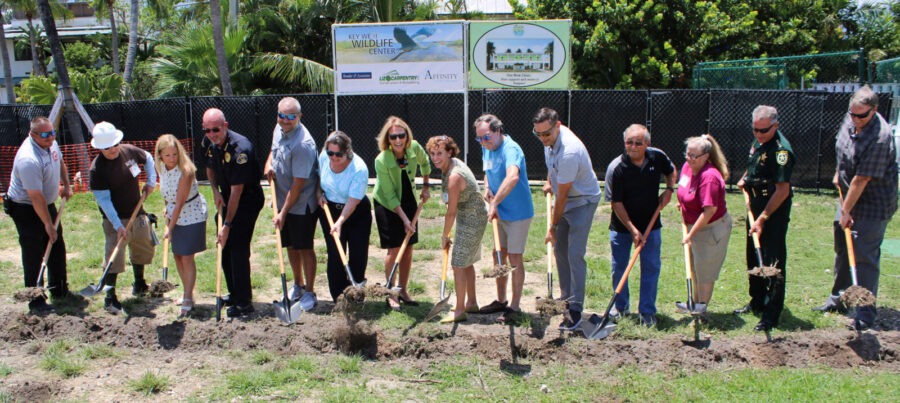
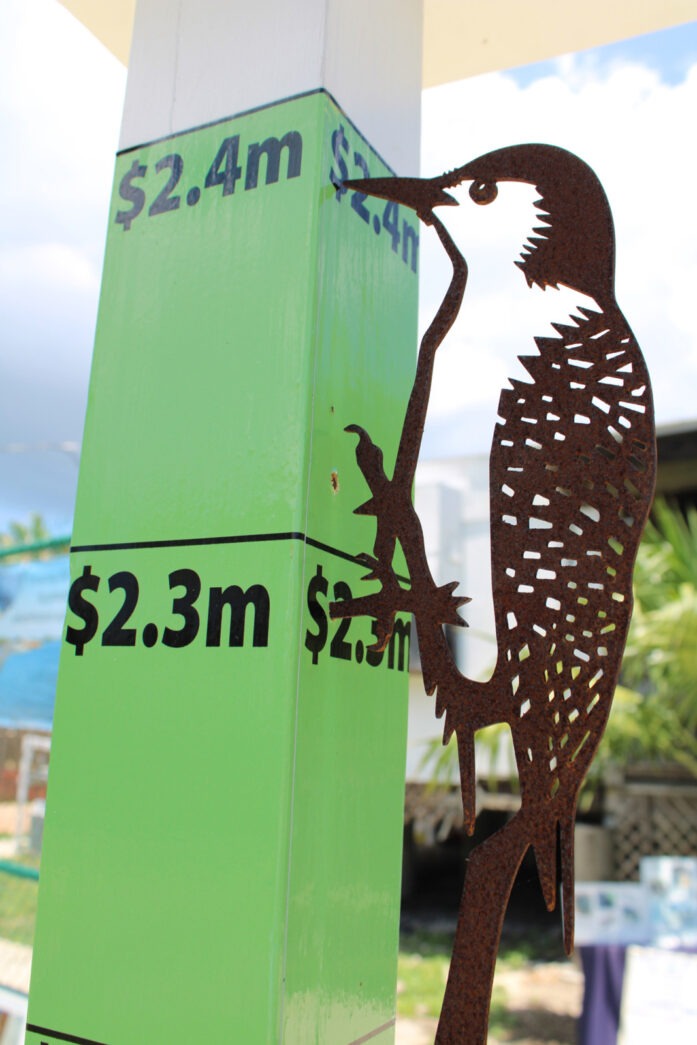
“Our new building, which will serve as both a clinic and visitor welcome center, has been designed for our area’s unique climate conditions and will be elevated to meet all newly established FEMA flood levels,” said Lopes. “It will offer a better equipped dedicated treatment area for our patients, with 25% more interior space for patient care, and 40% more exterior space for rehabilitation, along with ample protected space for education and outreach.”
The new clinic building is one of two projects being funded by KWWC’s “Raising the Roof … Building Our Future” capital campaign. The other is renovation of the center’s recuperation/reconditioning aviary. The capital campaign began in 2021 and now, thanks to a recently awarded 1-to-1 matching grant, is close to meeting its $2.4 million goal.
The center also works closely with other local and regional rescue groups to provide rehabilitation for non-avian species. According to Tom Sweets, KWWC executive director, some 1,500 native wildlife patients were rescued in 2023 alone.
Located at 1801 White St., KWWC is open from 11 a.m. to 4 p.m. on weekends, and variable hours during the week at present, due to the construction. It is recommended to call in advance on weekdays to confirm open hours. Those interested in supporting the “Raising the Roof … Building Our Future” campaign and/or volunteering at the center can call 305-292-1008. More information is at keywestwildlifecenter.org.
